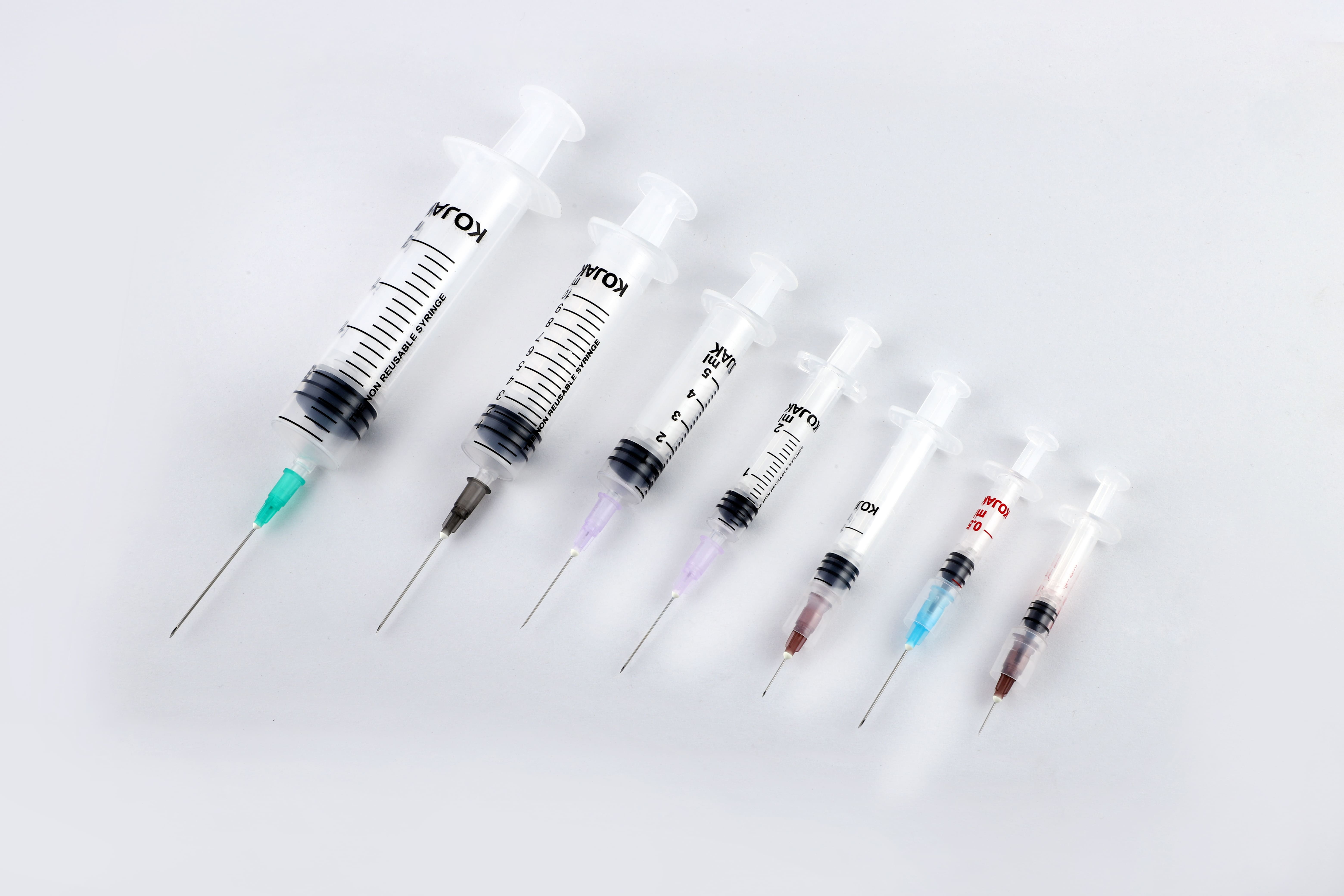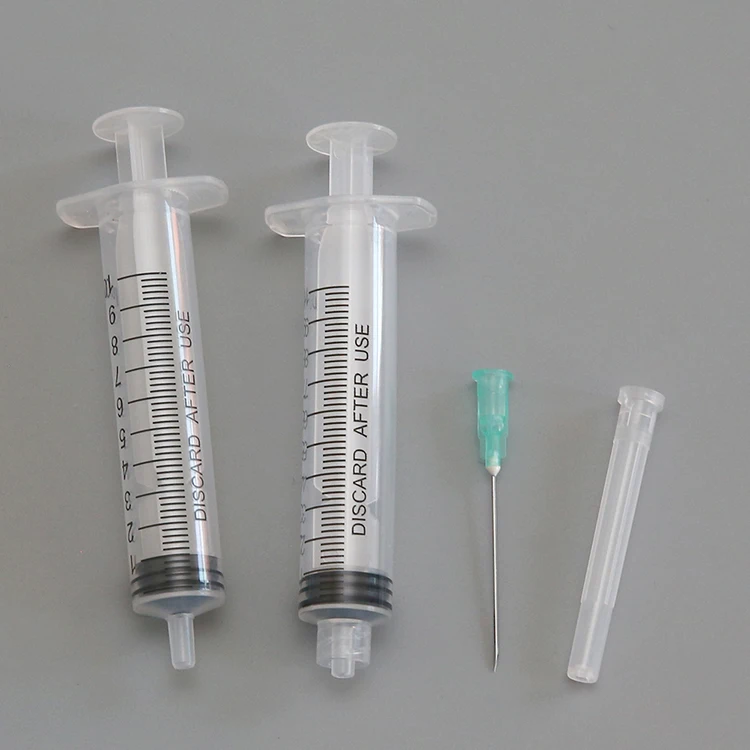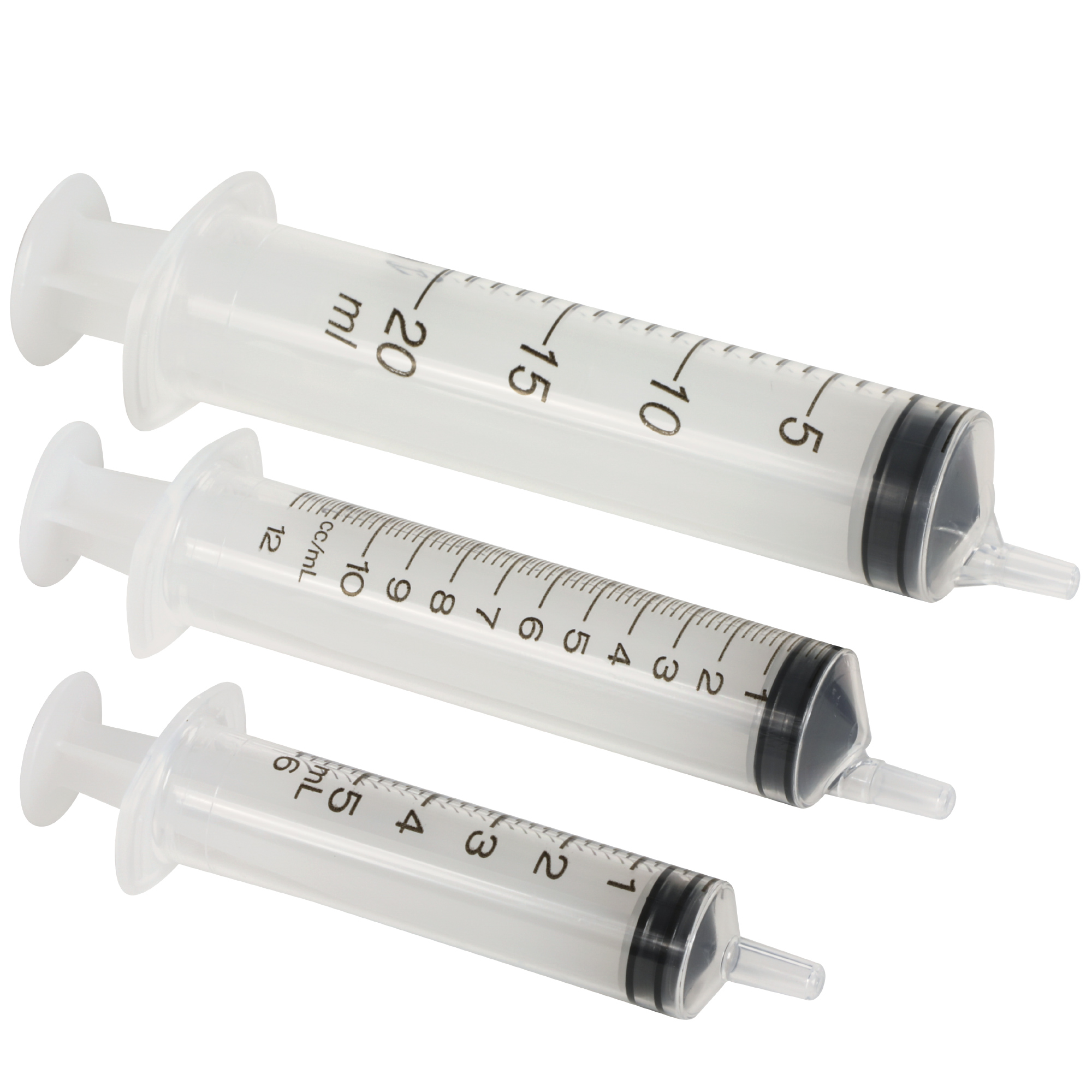When it comes to medical procedures that require injections, choosing the right type of syringe is crucial. There are different types of syringes available, each with its own unique features and uses. In this article, we will discuss the various types of syringes and help you determine which one is best for your needs.
1. Disposable Syringes
 Source: bing.com
Source: bing.comDisposable syringes are designed for single use only. They are made of plastic and are available in different sizes, ranging from 1 ml to 100 ml. These syringes come with a needle attached or can be used with a separate needle. Disposable syringes are commonly used for administering vaccines, insulin, and other medications.
2. Insulin Syringes
:max_bytes(150000):strip_icc()/how-to-select-the-correct-needle-size-for-an-injection-2616536-FINAL-f42600395a324d71b8b3fc4f13f5723d.png) Source: bing.com
Source: bing.comInsulin syringes are specifically designed for people who need to inject insulin on a regular basis. These syringes have a thin needle and a small barrel, which allows for more precise dosing. They are also available in different sizes, ranging from 0.3 ml to 1 ml. Insulin syringes are meant for single use only and should be disposed of after each injection.
3. Tuberculin Syringes
 Source: bing.com
Source: bing.comTuberculin syringes are used to administer small doses of medication, typically used to test for tuberculosis. These syringes are smaller than regular syringes and have a long, thin barrel. They are available in sizes ranging from 0.5 ml to 1 ml and are marked with very fine graduations for accurate dosing.
4. Glass Syringes
 Source: bing.com
Source: bing.comGlass syringes are made of glass and are used for specialized procedures that require a high degree of accuracy. These syringes are reusable and can be sterilized for multiple uses. They are commonly used for procedures such as blood gas analysis, where even the slightest variance in measurements can have a significant impact on the results.
5. Pre-filled Syringes
 Source: bing.com
Source: bing.comPre-filled syringes come pre-loaded with medication and are ready to use. These syringes are designed for ease of use and convenience and are commonly used in hospitals and clinics. They are available in different sizes and can be made of glass or plastic.
6. Catheter Tip Syringes
 Source: bing.com
Source: bing.comCatheter tip syringes are used for administering medication through a catheter. These syringes have a long, tapered tip that fits snugly onto the end of a catheter. They are available in different sizes and can be used for both intravenous and intramuscular injections.
7. Luer-Lok Syringes
 Source: bing.com
Source: bing.comLuer-Lok syringes are designed to hold the needle securely in place. These syringes have a threaded tip that connects to the needle and locks it in place. This makes them ideal for administering medication that requires frequent dosing.
8. Non-Luer Lock Syringes
Non-Luer lock syringes do not have a threaded tip and are used with needles that are held in place with a separate mechanism. These syringes are commonly used for administering medication that requires a smaller needle size.
9. Safety Syringes
 Source: bing.com
Source: bing.comSafety syringes are designed with safety features that help prevent accidental needlestick injuries. These syringes have a retractable needle or a sheath that covers the needle after use. They are commonly used in healthcare settings to prevent the spread of bloodborne diseases.
10. Irrigation Syringes
 Source: bing.com
Source: bing.comIrrigation syringes are used for flushing or irrigating wounds, cavities, or body orifices. These syringes have a large barrel and come with a curved tip that makes it easier to access hard-to-reach areas. They are available in different sizes and can be used with or without a needle.
Conclusion
Choosing the right type of syringe depends on the specific medical procedure and the medication being administered. It's important to understand the different types of syringes and their uses to ensure safety and accuracy. Always follow proper disposal procedures when using disposable syringes and properly sterilize reusable syringes before each use.